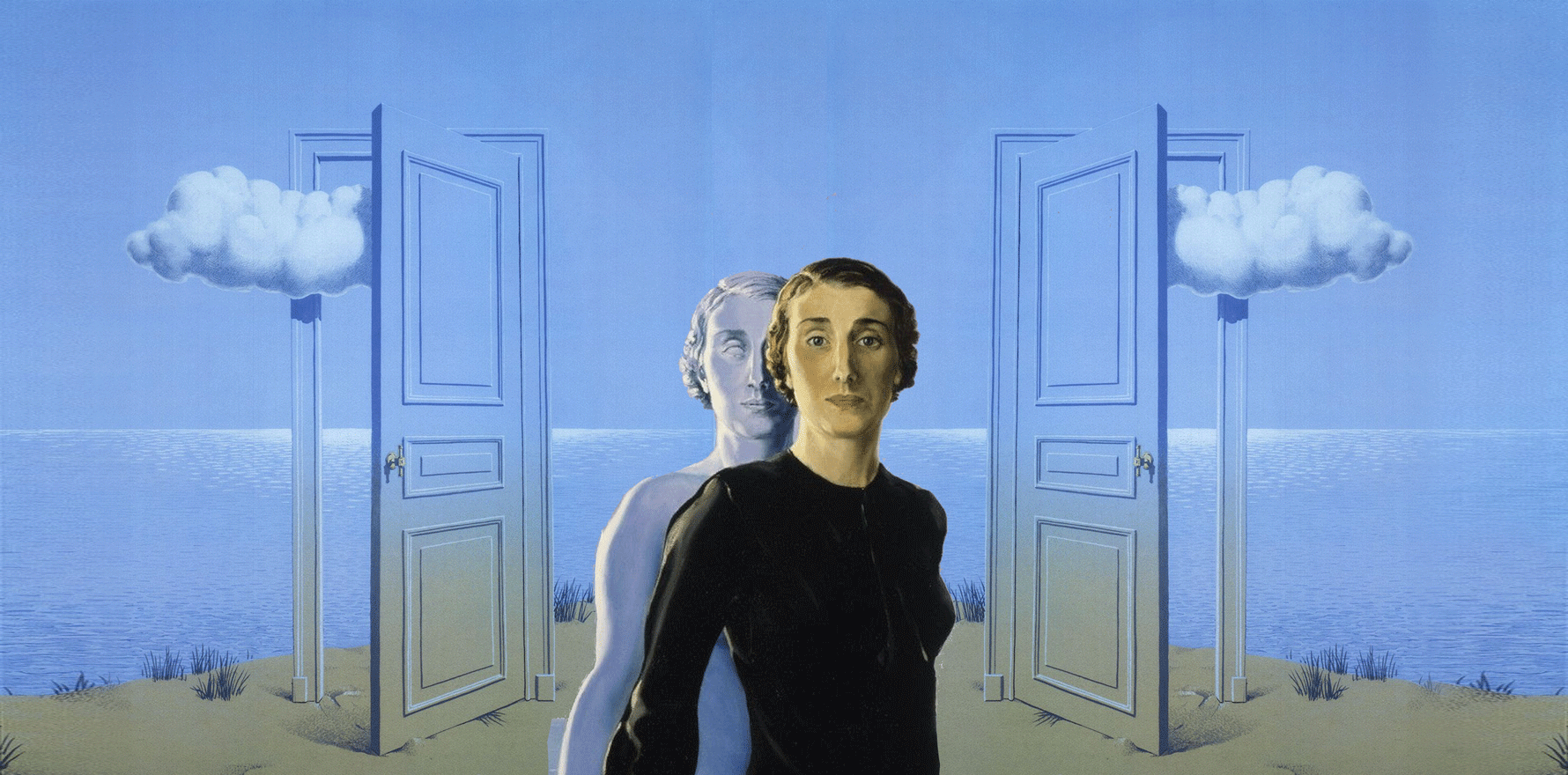One in three menopausal women will have depression, but they don't always respond to standard treatments.
One in three women will experience significant depression during menopause but often do not respond to standard antidepressant treatments, a leading Australian psychiatrist says.
Those depressive symptoms can be far more severe than either before or after menopause, Melbourne psychiatrist Professor Jayashri Kulkarni told the 25th Australasian Menopause Society Congress last month.
Professor Kulkarni, director of women’s mental health institute HER Centre Australia, said that among all demographic groups, women aged 45 to 55 have the second highest suicide rate in Australia, after men over age 84 years.
“Middle-aged women are dealing with rearing adolescent children, being quite senior in the workplace, work stresses, perhaps contending with relationships that are a bit tired and all sorts of aspects of ageing that can impact on her own perception of herself,” Professor Kulkarni told TMR.
But she said the mental health “tipping factor” was menopause and the sudden changes in hormones. Considering what is known about the effects of estrogen on the brain, it was not surprising that women could suddenly experience depression, she said.
“Estrogen, progesterone and testosterone – but particularly estrogen – are very potent neurohormones. We think of them as just gonadal hormones that are responsible for reproduction, but they have big effects in the brain in terms of modulating brain chemistry. There are also protective effects of estrogen in brain circuitry.
“When estrogen levels fluctuate and decrease, a whole lot of things can go wrong for vulnerable women.”
Professor Kulkarni said that not every woman will have severe depression during menopause.
“But there is a population who really struggle with either first-time depression that hits at about 45, or the woman who has had depression and it’s been nicely treated in the past, and all of a sudden it just goes out of her control again around the mid-40s.”
Women in mid-life have a “particular form of depression”, Professor Kulkarni said.
“It’s not just a tearful, sad, low mood, but there can be a lot of anger, rage and hostility. They’re not easy for people to either understand or be the recipient of, as partners, family or work colleagues.
“I see women all the time who have lost their quality of life in many ways, with problems at work, problems in their relationships, difficulties with parenting and just not enjoying life.”
Standard antidepressants were not always effective for this type of depression, she said. “It might mean that there has to be a hormone strategy that’s involved, or at least an understanding of what is going on for her that this problem has occurred.”
SSRIs could be useful for some women though. “But there is a significant number of women who haven’t got a response or enough of a response. And there hasn’t been enough research because it’s not been seen as an important area to fund,” she said.
Professor Kulkarni said for women in early perimenopause in their 40s, the combined oral contraceptive pill could be a useful first option. Otherwise, menopausal hormone therapy (MHT) such as micronised progestin and estrodial patches could be effective.
“MHT is a very useful strategy and there are very few cases where you wouldn’t use it, such as in women who have had breast cancer or a DVT.
“There are pockets of general practitioners who are reluctant to use it. And therefore, we still see women who are quite debilitated by this depression that hasn’t responded to standard, typical treatments. And yet there is a treatment that that would be helpful for them.”
When women present with depression, either for the first time or with a relapse of a previously well-controlled depression from age 43 onwards, it was important to take a full history including what has been occurring in her life, Professor Kulkarni said.
“If there are no particular depressive things that have gone wrong for her, then it may be important to consider a hormone strategy.”
There was a common belief that menopause was just about hot flushes, but it could also be a significant issue for the brain and mind, Professor Kulkarni said.
“There can be fresh depression in someone who doesn’t have a troubled life.”
Mental effects of menopause can occur four to five years before physical symptoms of hot flushes, making diagnosis difficult, Professor Kulkarni said.
There was no blood test that can pick up hormonal fluctuations in the brain, either. “If you take a peripheral blood sample, it … will not tell you what is going on in the brain.”
According to Australian Menopause Society figures, around 20% of menopausal women have significant mental ill health and about 60% have physical and mental menopause symptoms.
“This is not a minor issue,” Professor Kulkarni said.
“The transition process of menopause can be up to 10 or more years. So, it’s not a case of ‘let’s just wait and see’, because that’s not going to fix it for someone whose life is being terribly disturbed by the menopausal process.


